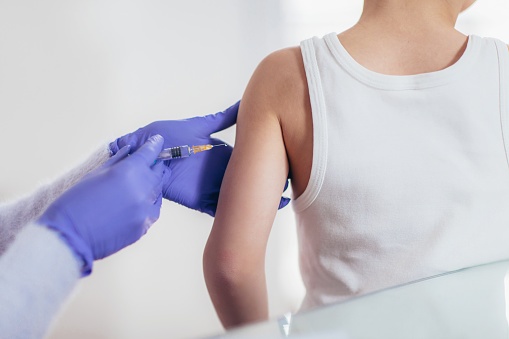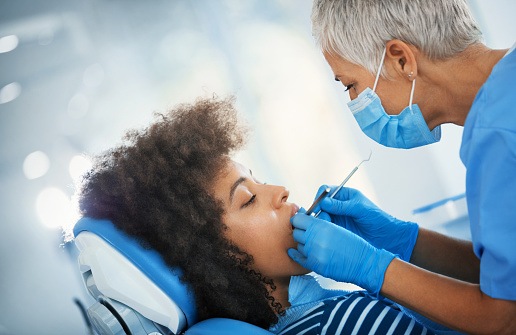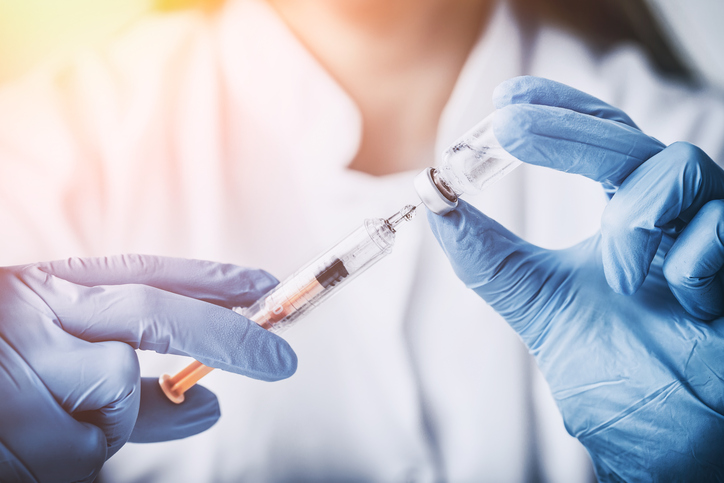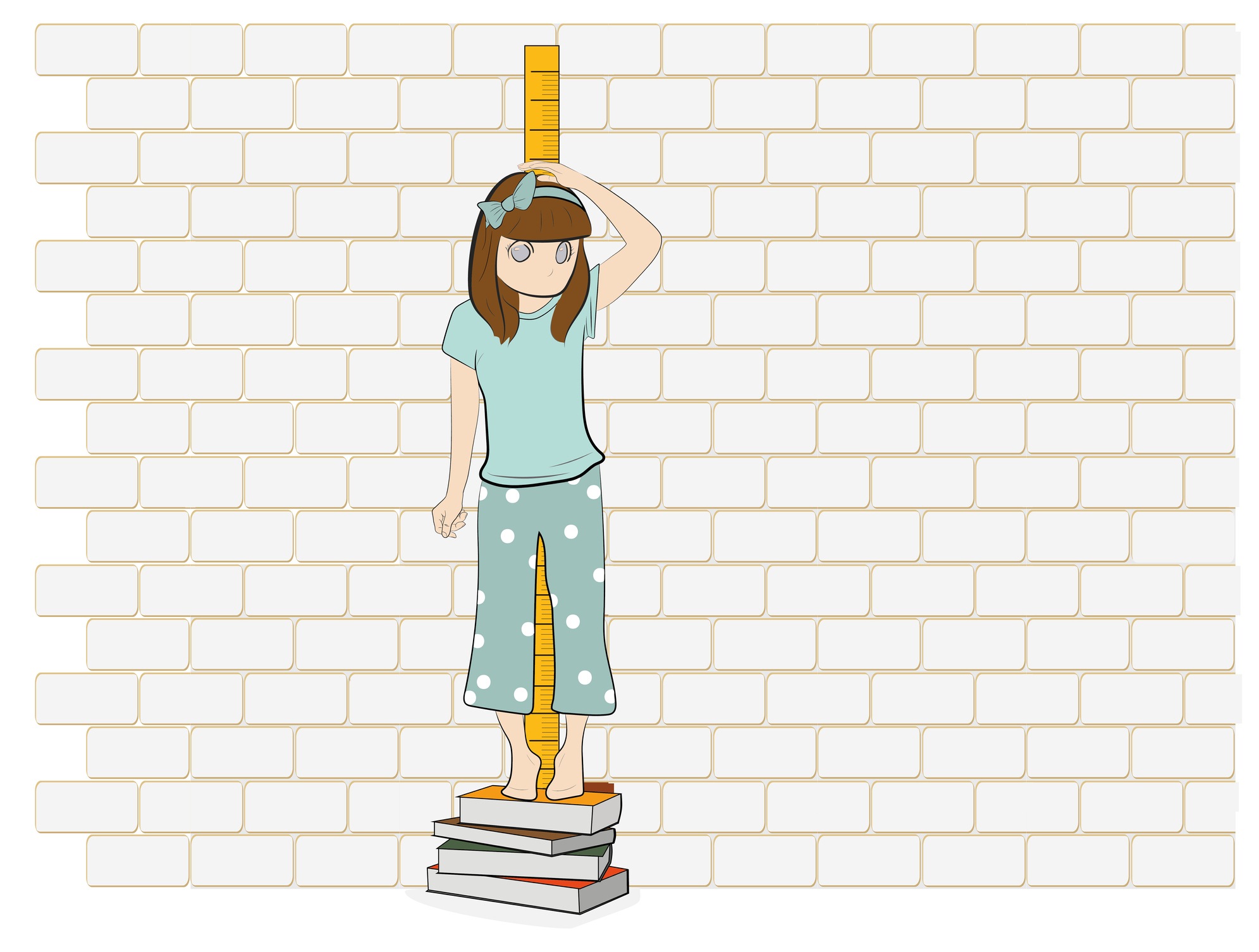
According to a study, published in Pediatric Endocrinology, Diabetes, and Metabolism, patients with severe growth hormone deficiency (GHD) should be treated with growth hormone (GH) therapy throughout their life. However, lead author Joanna Smyczyńska, and colleagues noted that current criteria for GH therapy withdrawal in Poland differ from the latest guidelines. The researchers assessed the cost-effectiveness and safety of GH therapy and found that “there is no rationale to continue the GH therapy in growth promoting doses in the patients with isolated GHD after fulfilling the criteria of [near-final height (near-FH)].”
The study enrolled a total of 160 children with isolated GHD (height <3 centile; GH peak <10.0 µg/l) who had continued GH therapy for growth promotion after attaining near-FH (height velocity 2.0). The primary endpoints were the height gain of patients after reaching near-FH, and the incidence of persistent GHD after therapy withdrawal.
In the article, the authors reported that height gain after near-FH was 1.1 ± 0.8cm in male children, and 1.0 ± 0.8cm in female children. Notably, an increase of 1.0cm in height required an average of 487 mg of GH, which the authors noted was equivalent to 264 ejections. IGF-1 concentrations at near-FH were increased in 39 participants, with no clinical side effects reported. Lastly, the investigators stated that none of the patients had GH peak 10.0 µg/l at retesting.
Overall, Smyczyńska and colleagues concluded that there seems to be no rationale to continue GH therapy for growth promotion in patients with isolated GHD. They concluded with a call for further research to assess “when GH treatment should be interrupted and GH secretion re-evaluated,” in the absence of persistent severe GHD.






 © 2025 Mashup Media, LLC, a Formedics Property. All Rights Reserved.
© 2025 Mashup Media, LLC, a Formedics Property. All Rights Reserved.